On November 26, 1852 in Celtic History
Aeneas coffey, inventor of the coffey still, dies
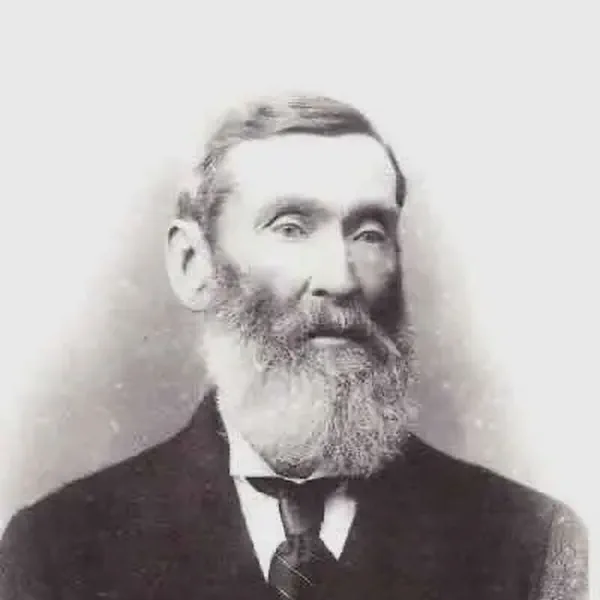
Coffey was born in 1780. According to some sources he was born in Ireland most likely in Co. Dublin or Co. Wicklow.
Some references refer to his birth in Calais, France, in 1780 to Irish parents. Coffey was educated at Trinity College Dublin and entered the excise service around 1799–1800 as a gauger. He married Susanna Logie in 1808, and they had three sons over the next eight years: Aeneas, William and Philip.
Aeneas Coffey, the Irish inventor known for the development of the Coffey still, passed away on November 26, 1852. The Coffey still, also known as the column still or patent still, revolutionized the distillation process for producing spirits, particularly whiskey.
Aeneas Coffey’s invention allowed for continuous distillation, providing a more efficient and cost-effective method for producing alcohol. The Coffey still played a significant role in the whiskey industry, as it allowed for the production of a lighter and smoother spirit compared to traditional pot stills.
The Coffey Still
The Coffey still, also known as the column still or patent still, is a type of continuous still used for the distillation of spirits, most notably whiskey. It was invented by Aeneas Coffey, an Irishman, in 1830. The design of the Coffey still allowed for a more continuous and efficient distillation process compared to traditional pot stills.
Continuous Operation: Unlike traditional pot stills, which are operated in batches, the Coffey still operates continuously. This allows for a more streamlined and automated production process.
Columns: The still consists of one or more vertical columns with multiple trays or plates. These trays facilitate the separation and condensation of alcohol vapors at different stages of the distillation process.
Steam Distillation: The Coffey still typically uses steam to carry alcohol vapors through the columns. The steam rises through the trays, and as it does, the alcohol vaporizes and condenses at various levels, resulting in a more refined and higher-proof spirit.
Efficiency: One of the key advantages of the Coffey still is its efficiency. It allows for a continuous production process with a higher output of distilled spirits compared to traditional pot stills.
Versatility: The Coffey still is versatile and can be used for the production of various spirits, including whiskey, vodka, and gin. Different configurations and modifications can be made to adapt the still to the specific requirements of the spirit being produced.
The Coffey still revolutionized the spirits industry by providing a more economical and consistent method of production. While it coexists with traditional pot stills in many distilleries, its adoption has significantly influenced the scale and efficiency of spirit production worldwide.
More From This Day
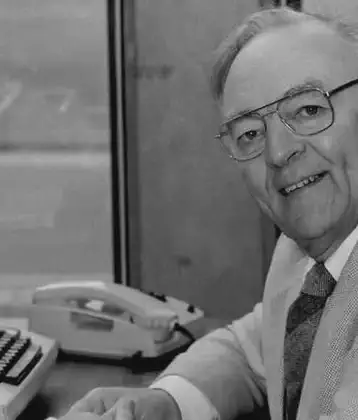

Saor Uladh (Free Ulster) a splinter group of the IRA, attacks the police barracks in Rosslea, Co. Fermanagh
November 26, 1955

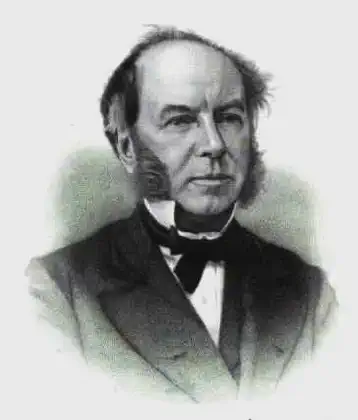
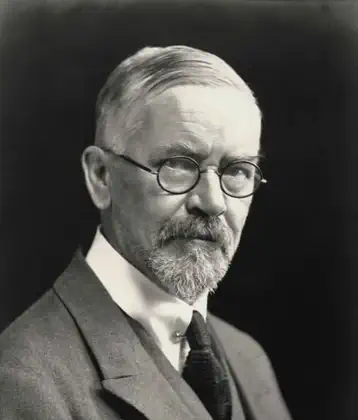

John Loudon McAdam Scottish engineer who developed the macadam road died
November 26, 1836
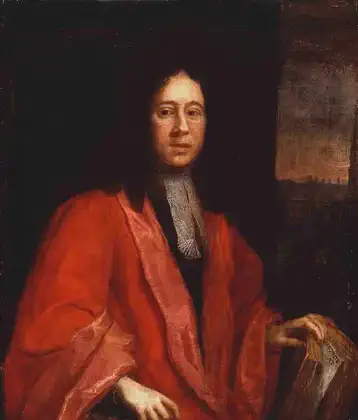
John Stearne, founder and first president of the College of Physicians, born
November 26, 1624